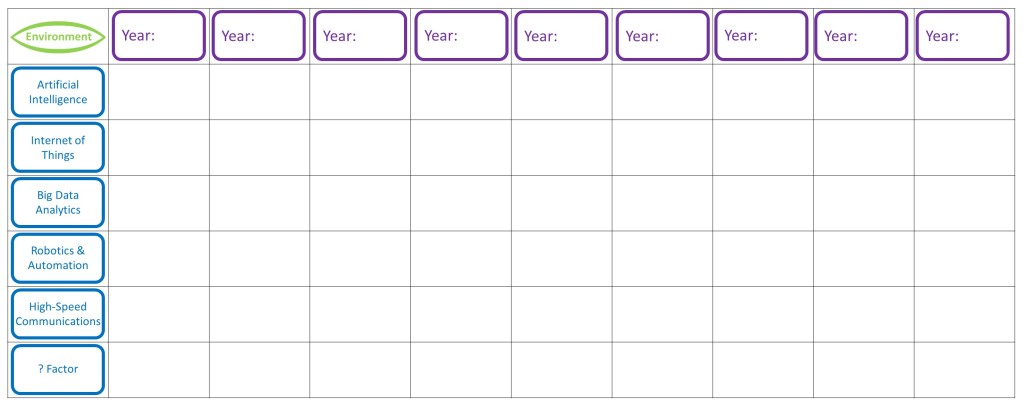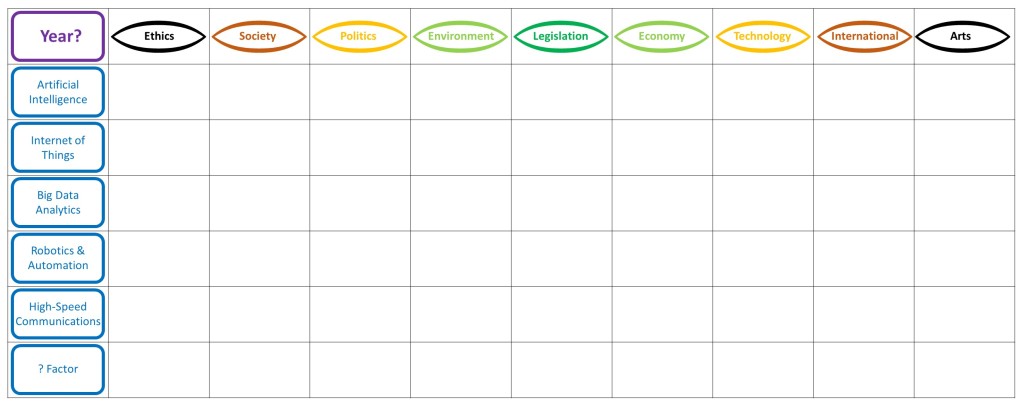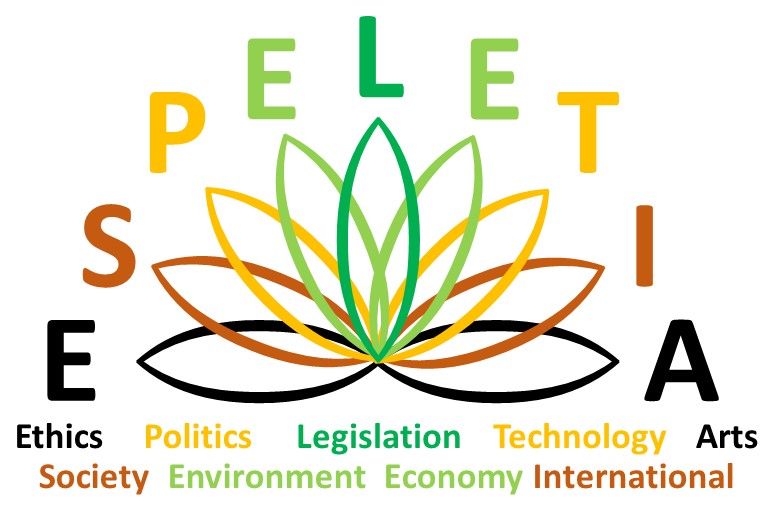“ERIC”
How a Bad Think-Thing Destroyed the World
A short story by Vic Grout
Download as a PDF: https://vicgrout.files.wordpress.com/2020/10/eric-1.pdf
On the planet ‘Arth’ (which, if it helps, you can think of as being like Earth but without the ‘E’), things were going pretty smoothly. Arth society was organised roughly into three groups of people: doers, thinkers, and leaders. There was no great difference in status or esteem among the three groups but there were a good many more doers than thinkers and a lot more of both than leaders.
So, yes, most people were doers: they did things. They found raw materials and turned them into what people needed; they made clothes, built shelter, grew food; they moved it all to where it had to go; they repaired and cleaned. They cared and treated mind and body; kept people safe; raised families; looked after the young, the old and the ill; they taught new generations. There were also doers that entertained; made nice things to look at, told stories, played music or sport. All of these doers together made Arth a comfortable and happy place to live.
Continue reading






